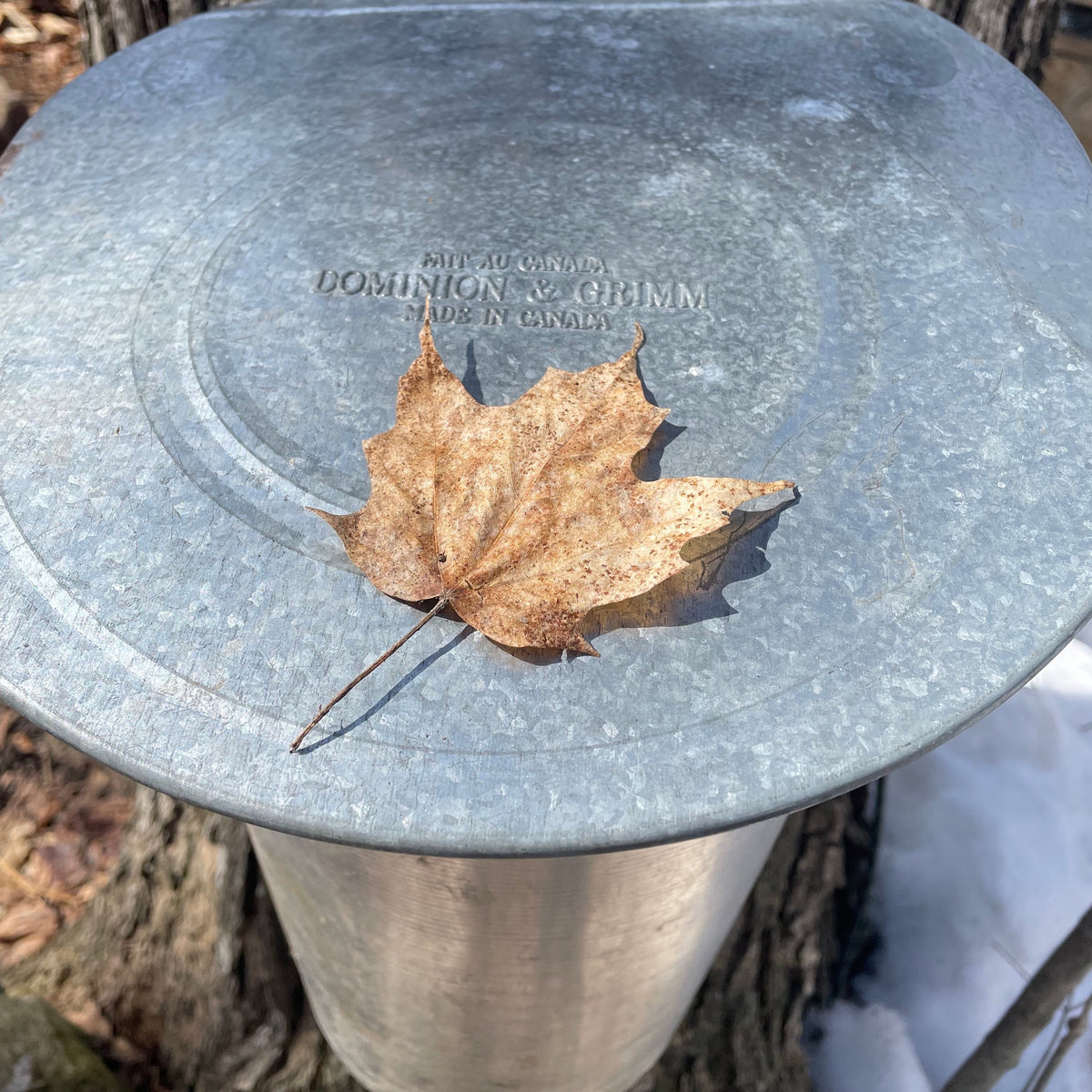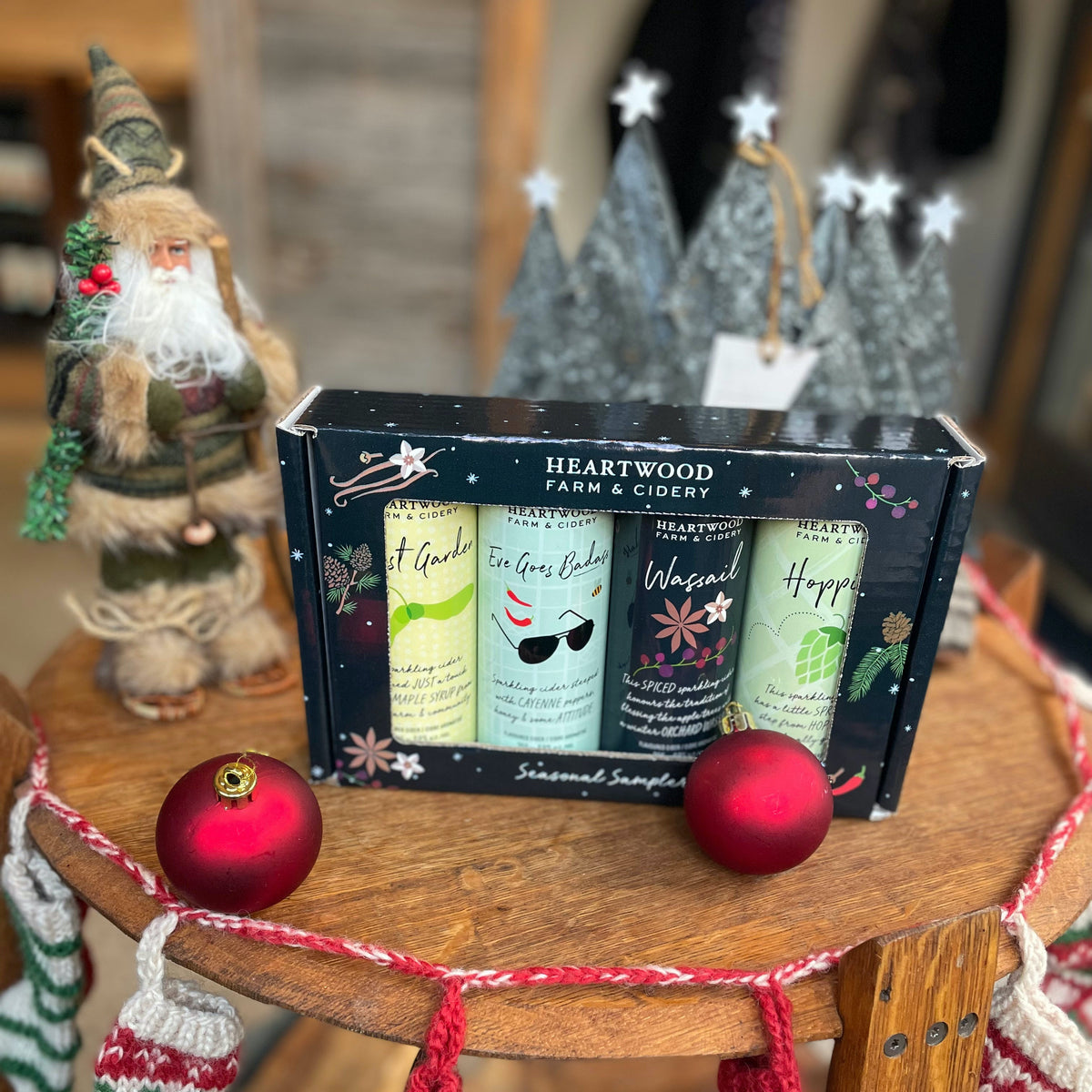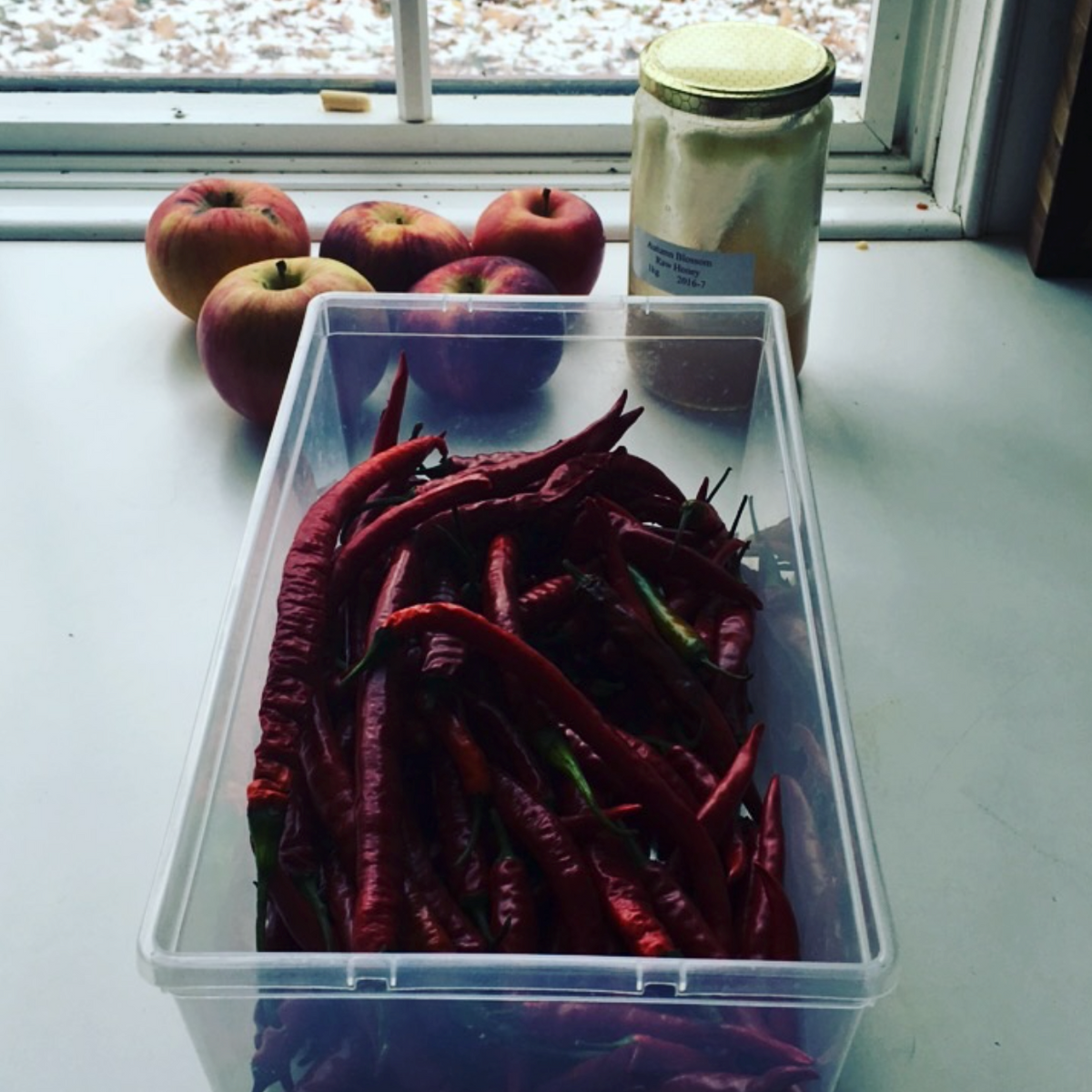Circularity at Heartwood

One of the Principles for Ecological Leadership that we explore in our retreats is Resource Cycling. In a healthy ecosystem, nothing is ever wasted - the output of one system or process is input to another. In the microcosm, things are constantly being born and dying. But in the macrocosm, it’s just how life rolls.
A tree dies and feeds the mycelium (the stuff from which mushrooms grow) in the soil, which in turn taps the roots of growing trees, connecting them in a complex, information-rich underground network. It makes you wonder whether any part of this resource cycle can truly be considered to be dead. Isn’t it all just life, turning and turning?
Nature’s marvellous capacity to cycle resources shines a harsh light on industrial processes, however, where waste is rampant and so many of our inputs are designed to be used but once. Enter the concept of “circularity”, which is about re-thinking economic systems at every scale (from, say, a single batch of cider to the whole supply chain) to minimize and repurpose waste streams. Circularity - a given in the natural world - is gaining traction in business thinking as organizations look to their waste as a source of new potential.
For example, there are production losses at several stages of cider making and processing. By redirecting some of those losses we were able to make the apple cider vinegar that goes into our tangy salsa!
Matt Steinman, our Production Manager, has just graduated from COIL's Circular Leadership Program, delivered by the Ivey Business School at Western University. By applying circularity principles to Heartwood’s production systems, he’s been able to cut our ingredient waste by about 8%, and has dramatically reduced our processing waste, meaning more of our raw ingredients become the ciders that you (hopefully!) love. Further, the transition of our largest-volume ciders from glass bottles to aluminum cans represents a move to more readily recyclable materials.
Nature reduces and recycles waste effortlessly. Those little mushrooms, feasting on rotting stumps, remind us of a world with no waste.
Leave a comment
Comments will be approved before showing up.
Also in Emergent Threads

What a time to be a friend of the United States
In one sense, a country is just lines on a map - lines drawn through history by enmity and alliance, war and concord, give and take. A country is the powerful story contained within those lines.

More than just a Gift Package


Brent Klassen
Author